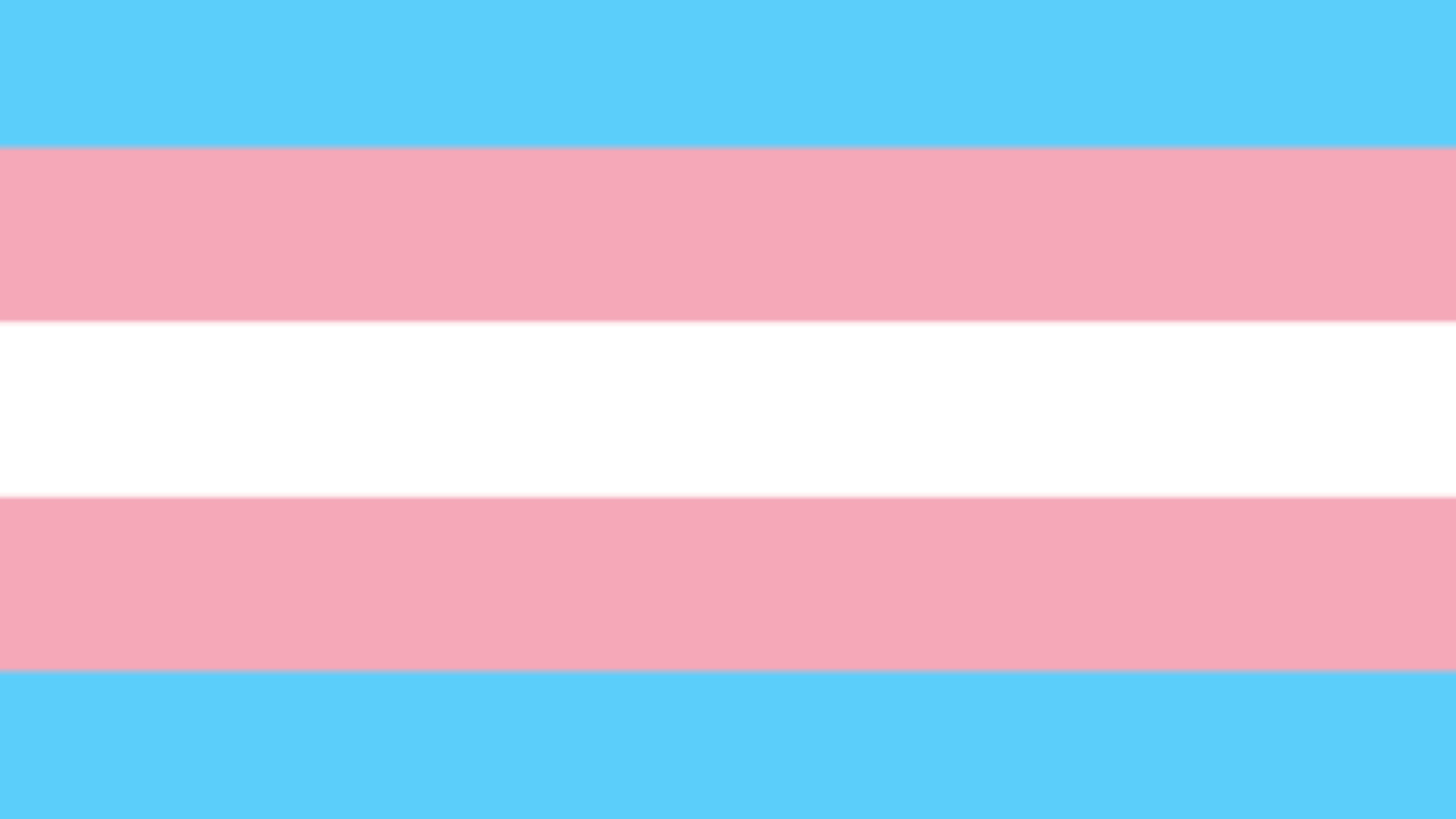
Position of HIV organisations on trans rights and the EHRC’s draft Code of Practice
The Supreme Court ruling on the definition of biological sex in the Equality Act has sent shockwaves through our communities.
So many trans[1] people are hugely worried and angry about its impact on their rights, safety, and privacy. This includes service users, colleagues and volunteers.
We respect the role of the Supreme Court, but as organisations providing HIV support and services we are extremely concerned about how the ruling is set to be applied in the draft guidance produced by the EHRC. We believe the current draft will not reduce inequality or protect everyone’s right to fairness, dignity, and respect. Instead, it directly contradicts the purpose of the Equality Act to prohibit discrimination.
We have already had multiple reports of harm. These include that trans people are now scared to access HIV and sexual health services because of the fear of being turned away or made to use unsafe spaces. They fear their confidentiality will not be protected and that they will experience harassment.
This is happening at a time of increased transphobia. Rising public hostility adds to the anxiety and real risk of trans people being denied equal access to services. The harm being caused, both on an individual and public health level, is unacceptable.
As charities and organisations supporting people living with and affected by HIV across the UK, we are coming together with a shared message to trans communities: You are needed. You are valued. You are always welcome in our services.
HIV activism and support services, including many of our organisations, were built by and for the whole community. Trans people have always been central to this. From the earliest days of the HIV epidemic, trans communities have shown leadership, resilience, and care in the face of extraordinary challenges. Yet trans communities still experience among the highest levels of unmet need and unique structural challenges. This leads directly to poorer health outcomes and higher levels of discrimination.
Together, we have spent decades providing life-saving services for people living with HIV. Through our work to prevent new transmissions and support people to have a good quality of life we know it is not possible to separate progress on health and progress on rights for everyone.
Gender-affirming care and trans-inclusive services leads to better clinical health[i] [ii]. This includes sexual health and HIV services, and it is only through a truly trans-inclusive approach that everyone living with HIV will have the care they need to thrive.
The draft guidance from the EHRC will increase discrimination and will make services less inclusive for trans and nonbinary people. It will also affect cisgender (non-trans) people who don’t conform to narrow ideas of masculinity and femininity. This will lead to worse health outcomes for people living with HIV and negatively impact the quality of life for trans people across the UK, putting the target of ending new HIV transmissions at risk.
We believe the EHRC guidance is not fit for purpose and should be withdrawn. It is unworkable, impractical, and inconsistent.
This is a time of profound importance in the fight for equality and for the rights and health of trans people. We will continue to work in partnership with trans communities to respond to the changes proposed. Our starting point will always be to listen and to act when we see that harm is being caused. We will do everything we can to run trans-inclusive spaces and services. And we will do this while standing up for everybody’s fundamental rights.
[1] When we say ‘trans’ we are doing so as an umbrella term for anyone who is transgender, non-binary, genderqueer, genderfluid, agender, are of non-Western gender identities and those who have a trans history.
Supported by:
African Health Policy Network
BHA for Equality
BHIVA
Bloomsbury Network
Blue Sky Trust
Brigstowe
Chiva
CliniQ
Food Chain
George House Trust
Helios Centre
HIV i-Base
LGBT HERO
Metro Charity
National AIDS Trust
Naz
Our Room Manchester
Positive East
Positively UK
Sahir House
Sophia Forum
Spectra
Sussex Beacon
Terrence Higgins Trust
Waverley Care
Yorkshire Mesmac
If you would like to add your organisation’s name to this statement, please email daniel.fluskey@nat.org.uk
[i] Reisner SL et al. HIV seropositivity and viral non-suppression in transgender, non-binary, and gender-diverse people in primary care receiving gender-affirming hormone therapy in the USA between 2013 and 2019 (LEGACY): an observational, longitudinal, cohort study. Lancet HIV. 2025. (27 March 2025). https://doi.org/10.1016/S2352-3018(25)00004-9
[ii] Blumenthal J and Hastie E. Gender-affirming hormone therapy is a crucial component of HIV care. Lancet HIV. 12(4): E244-246. April 2025.
https://www.thelancet.com/journals/lanhiv/article/PIIS2352-3018(25)00067-0/fulltext
